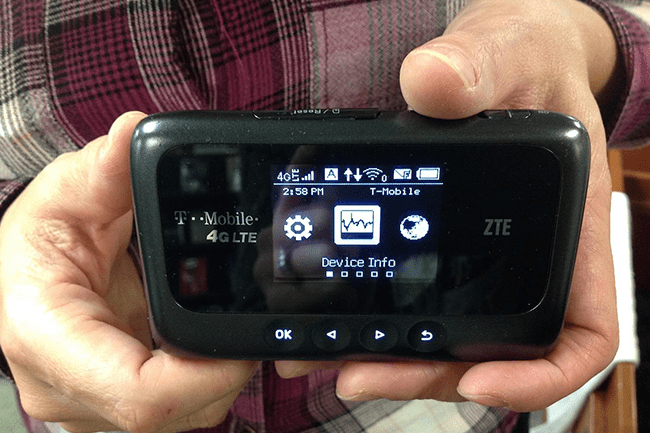
For many of us, Internet access is a given, but that’s not the case for about 15 percent of Americans without Internet at home. The local library has always been a centerpiece for supporting the community, and while many libraries already offer Internet access on site, a new pilot program is hoping to extend that coverage. The test run is providing Wi-Fi hotspots that patrons can borrow from libraries in Chicago, Seattle, New York City, and Spring Hill, Tennessee. It started in December and has been going strong ever since. The hotspots use T-Mobile’s network, and libraries pay T-Mobile an annual fee to give patrons free access.
Many patrons depend on the hotspot when traveling, enabling more connectivity when out and about, on vacation, or even in Yellowstone National Park, as one user remarked. At the New York Public Library, the pilot run was designed to support patrons without Internet access at home, to help get temporary access to those who want it. It seems each library is going for what it sees as a priority in doing what matters for its patrons through the program, ranging for short term access for trips to long-term Internet access at home.
For the library outside Nashville, the hotspots come out to around $10,000 a year, providing five mobile hotspots and five LTE-powered tablets to the Spring Hill branch. It’s quite a price to pay for just a few devices, but goes to show what libraries are willing to do beyond just store books, offering public services, community events, and more to remain an active part in the community as our tastes change.
The pilot run will likely spur new interest in the service, and hopefully it won’t be long until your local library thinks about offering such a service, among the many other cool, high-tech things coming to libraries all across America.


